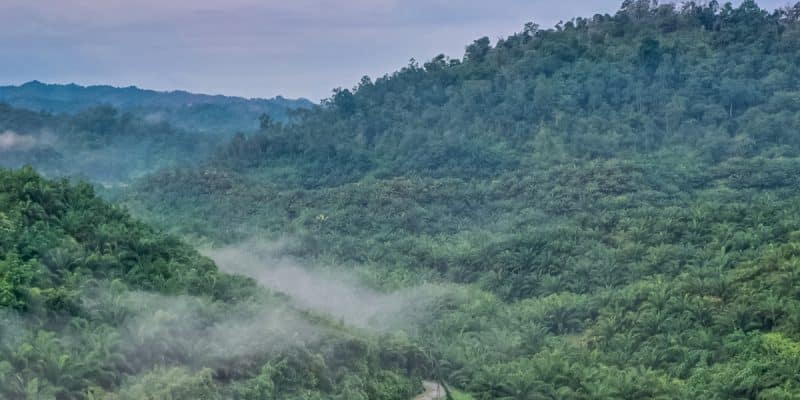The United Nations Framework Convention on Climate Change (UNFCCC) took the opportunity of the International Day of Forests on March 21, 2023 to raise awareness of the importance of preserving this ecosystem, particularly in Africa where the climate challenges are undeniable. The continent, which is plagued by deforestation, is home to the second largest forest on the planet.
The 2023 edition of the International Day of Forests, celebrated on March 21, honors the remarkable roles of forests in the fight against climate change. This year’s theme, “Forests and Health,” focuses on the role forests play in maintaining human health.
The human race depends on forests for food, energy, shelter, income and medicine. According to figures from the United Nations Framework Convention on Climate Change (UNFCCC), more than 1.6 billion people depend directly on them, including 60 million indigenous people. “Forests and trees reduce air pollution and exposure to heat. Forest walks can strengthen our immune system and improve our mental health. They also provide important spiritual values for many people and communities around the world,” explains the UNFCCC.
Forests are also essential to mitigating the effects of climate change because they absorb heat-trapping carbon dioxide (CO2) and are a crucial part of resilience, including regulating water flows.
Africa at the heart of the issues
With about 650 million hectares of forest, or 17% of the world’s total, according to the UN Food and Agriculture Organization (FAO), Africa has a big role to play in forest conservation. The continent is home to the Congo Basin. Covering an area of 530 million hectares, of which 268 million hectares are forest cover, the second ecological lung of the planet (after the Amazon) is at the center of attention of the international community.
The latest case in point was during the “One Forest Summit” from March 1 to 2, 2023 in Libreville, Gabon, and there will be more at the Summit of the three major forest basins of the planet, scheduled for June 2023 in Brazzaville, Republic of Congo.
Read also-One Forest Summit: the ambitions of the Libreville Plan on forest preservation
The challenge for Africa’s forests is to combine their preservation with the imperative of economic development. And among the solutions present, REDD+, the mechanism for reducing emissions from deforestation and forest degradation. Often referred to as the Warsaw Framework, it was adopted during negotiations at the 19th United Nations Climate Conference of the Parties (COP19) held in Poland in 2013, and then recognized in 2015 by the Paris Agreement. Through REDD+, many developing countries including the Democratic Republic of Congo (DRC), Republic of Congo, Cameroon, Gabon and Rwanda are taking concrete steps to protect their forests.
By the end of 2022, REDD+ activities implemented by most of these countries will cover a forest area of about 1.35 billion hectares (about 75% of global deforestation). This is the case in Gambia, where the authorities recently banned “the export or re-export of timber until further notice”. Indeed, these generally illegal activities have caused this West African country to lose nearly 100,000 hectares of forest between 1998 and 2008, according to a report by the non-governmental organization (NGO) Environmental Investigation Agency (EIA) published in June 2019. A loss of forest cover that is not without consequences on the livelihoods of rural populations.
Boris Ngounou






